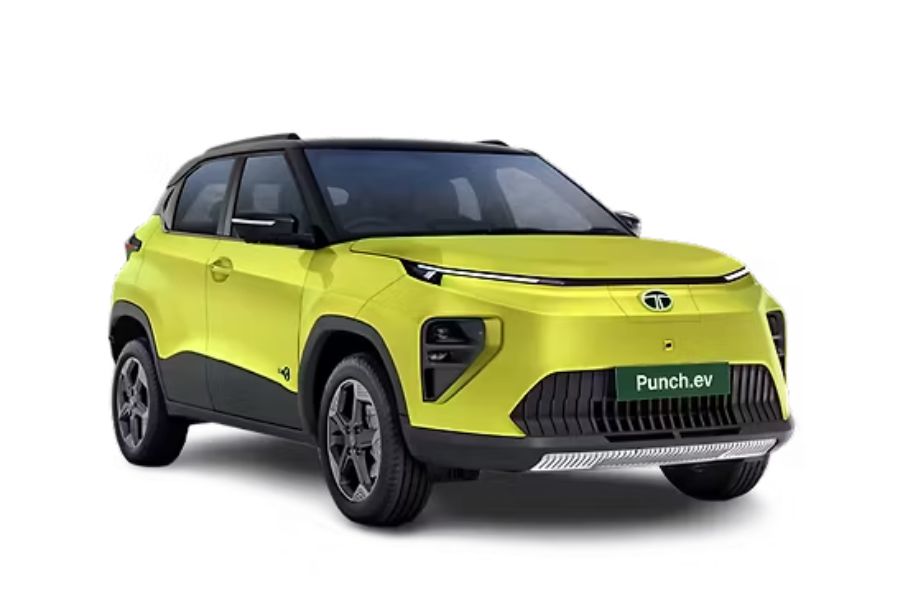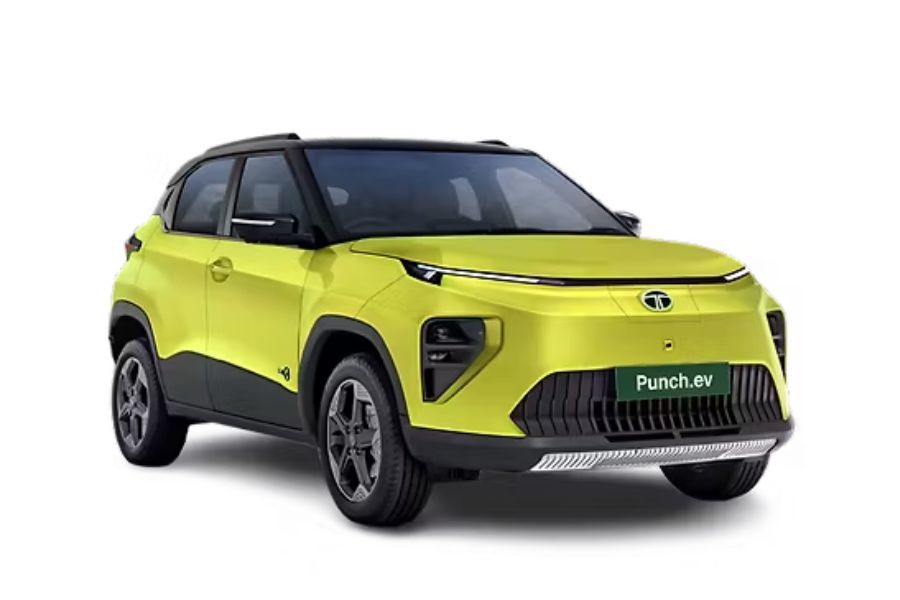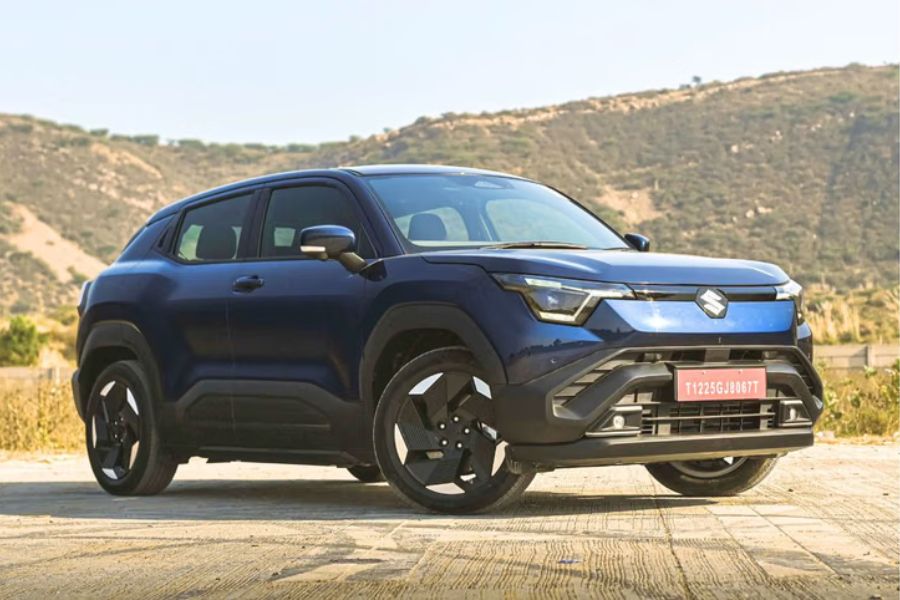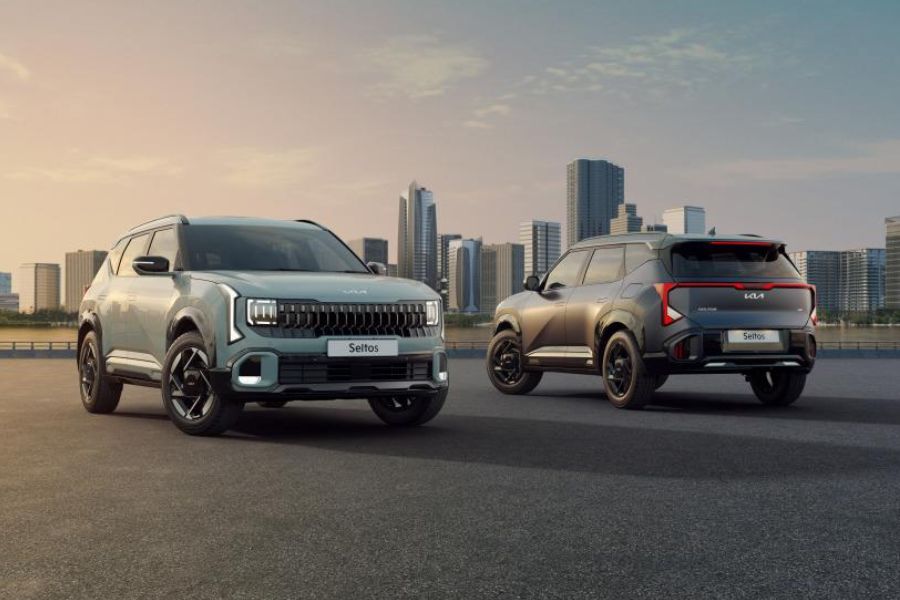The Energy Transition Advisory Committee (ETAC) has recently given their final report to the Petroleum Ministry, proposing several crucial measures to formulate a comprehensive energy transition strategy in India. The committee, headed by Tarun Kapoor, former petroleum secretary to the Prime Minister, has suggested various recommendations, including a ban on diesel cars and other 4-wheelers in cities with a population of more than one million by 2027.
In this article, we will discuss the key recommendations by ETAC for green shifts in India, including banning diesel-powered vehicles, promoting electric and hybrid vehicles, and supporting the use of alternative fuels.
Banning Diesel-Powered Vehicles
The ETAC has proposed to ban diesel-powered cars and other 4-wheelers in cities with a population exceeding one million by 2027. The committee plans to switch to electric vehicles (EVs) in the long run. Still, for the next 10-15 years, compressed natural gas (CNG) will be used as a temporary fuel during the transition period.
India govt panel proposes ban on diesel 4-wheeler vehicles by 2027 https://t.co/6uuSHpdSJv pic.twitter.com/4wVtjA5vU6
— Reuters (@Reuters) May 8, 2023
Promoting Electric and Hybrid Vehicles
The ETAC recommends promoting the use of flex-fuel capabilities and hybrids in the short and medium terms. For instance, four-wheelers, including passenger cars and taxis, should partially shift to electric and partially to ethanol-blended petrol, with almost a 50% share in each category.
Moreover, from 2024, all new registrations for city delivery vehicles should only be electric so that 75% of the delivery vehicles can be electric in all million-plus cities and other specific cities in the next ten years. Other transition fuels could include ethanol and methanol blends.
Banning ICE-Powered 2 and 3-Wheelers
The committee proposes to ban ICE-powered 2 and 3-wheelers by 2035 and promote EVs as the best replacement option. However, until then, the government should support the use of ethanol-blended fuels that have more and more ethanol mixed into them gradually.
Alternative Fuels
The ETAC recommends promoting LNG-based transport in the LCV & HCV segments. For intercity buses, the plan is to ultimately use only electric buses, but in the meantime, compressed natural gas (CNG) or liquefied natural gas (LNG) should be used as temporary fuels during the transition period. Compressed biogas (CBG) may also be used to supplement the fuels. But in the long run, the focus should be on transitioning to railways and other forms of mass transit systems.
The committee has suggested increasing the railway share of cargo, which is currently at 23%, by over 50%. This recommendation could significantly reduce emissions and promote more sustainable transportation.
Supporting Electric Mobility
The ETAC’s primary objective for surface transportation is to shift towards electric mobility. To achieve this goal, the government needs to provide support to create an environment that allows for EV-based transportation. This support can be in the form of policies and financial assistance.
Conclusion
The ETAC’s recommendations for green shifts in India are crucial for reducing emissions and promoting sustainable transportation. Banning diesel-powered vehicles, promoting electric and hybrid vehicles, and supporting alternative fuels are some of the key strategies proposed by the committee.
The government’s support in creating an environment that allows for EV-based transportation is also crucial for achieving the ETAC’s goals. By implementing these recommendations, India can significantly reduce emissions and promote a greener, more sustainable future.
“Join our community and stay connected with us across all platforms – follow us on YouTube, Twitter, Instagram, Linkedin, and Facebook for exclusive content, updates, and behind-the-scenes glimpses into our world!”
Read More:




